1. trust and credibility
Personal branding helps PR specialists position themselves as thought leaders in their field. This position is important to build trust and credibility and to radiate this to current and potential customers. When PR specialists are credible, companies or individuals are more likely to follow their advice.
2. competitive advantage
In a market full of smart and talented professionals, a strong personal brand can give you an important competitive advantage. PR specialists who have a clear and attractive personal brand can stand out from competitors and attract the attention of potential customers. This makes it easier for them to stand out in a busy market.
3. networking opportunities
It will be easier for a PR specialist with the right personal branding to make valuable connections. One example is that specialists with a good reputation are invited more quickly to important events, conferences and meetings. Many people come to these kinds of occasions who may be of interest to your network.
4. ability to influence
When PR specialists have a personal brand that is right, they also have more influence. For example, they can determine trends, direct discussions and have a voice on important issues. All of this makes them a valuable source for media and journalists. The opinions and advice they give are much appreciated, which ensures a stronger professional status.
5. Customer Loyalty
Customers and partners will be more likely to stay loyal to PR specialists who have a good personal brand. People are more likely to be loyal if they have a sense of trust and stability. Loyal customers are a stable source of income and also provide positive word of mouth.
In addition to these five components, there are dozens of components that indicate how important personal branding is for PR specialists. To scale up your personal branding, there are a few parts you can work on. Examples include:
1. set goals and have self-reflection
At the start, you want to know what your core values are and what your strengths and weaknesses are. In addition, you need to know what you want to achieve with your personal brand. You should be able to reflect on these goals and see if they are attainable and useful. This forms the basis of your personal branding strategy.
2. be consistent in your message and image
It's important that your message and image are consistent across all channels. This includes your social media channels, your website, and personal meetings. Make sure you have a consistent style in terms of color scheme, logo, and tone of voice. Together with consistent posting, this ensures recognition among the target group you want to address.
3. ask for feedback and evaluate it
By asking for feedback from colleagues, customers or specialists, you first show that you are willing to learn and improve and, secondly, that you find it important to hear the opinions of others. Based on the feedback you get, you can make adjustments. You can also monitor performance and engagement on social media and other channels. With this data, you can also make adjustments where necessary.
4. ensure authenticity and honesty
Be authentic and honest about the stories and achievements you've achieved. An authentic personal brand is more credible and interesting to follow. For example, tell us about your failures. This shows you how you have grown and learned in an honest way.
5. optimize your online presence
In 2024, your online presence is crucial. If you can't be found online, you're missing out on a large number of potential customers or partners. So make sure your website is professional. This means that it is well designed and user-friendly. In addition, your social media is also important. Be active on these channels and thereby rank higher in the algorithms. Finally, writing blogs is also important. This can be for your own website or for a guest blog. Ultimately, this all leads to more presence.
















